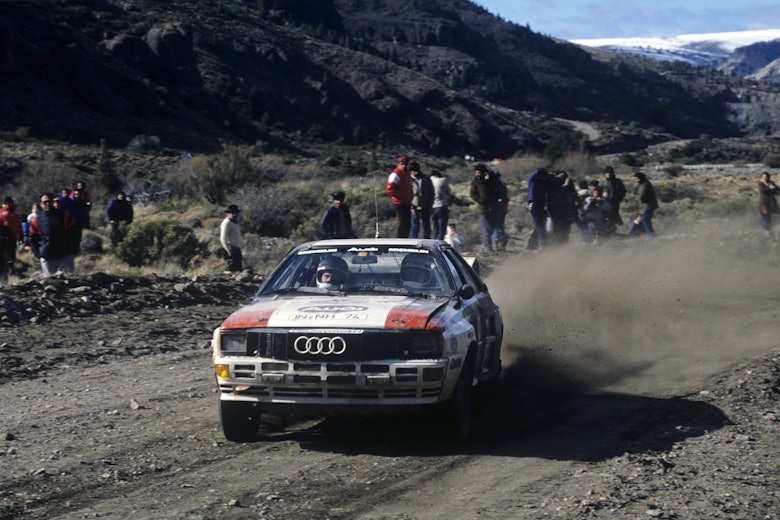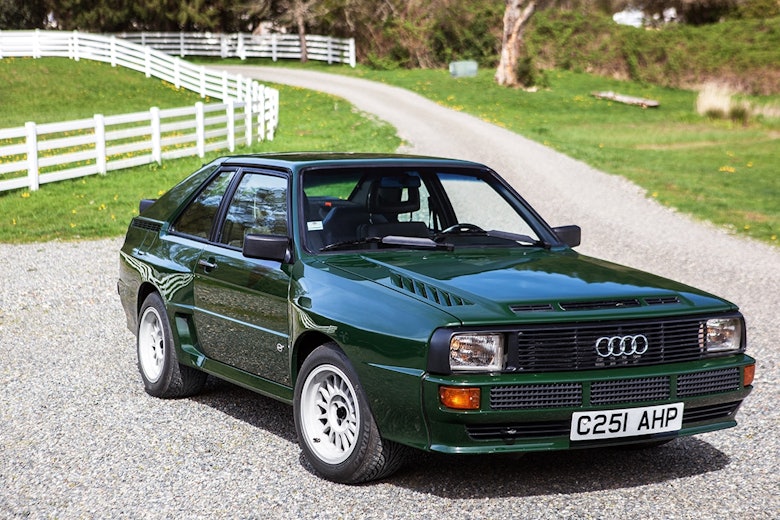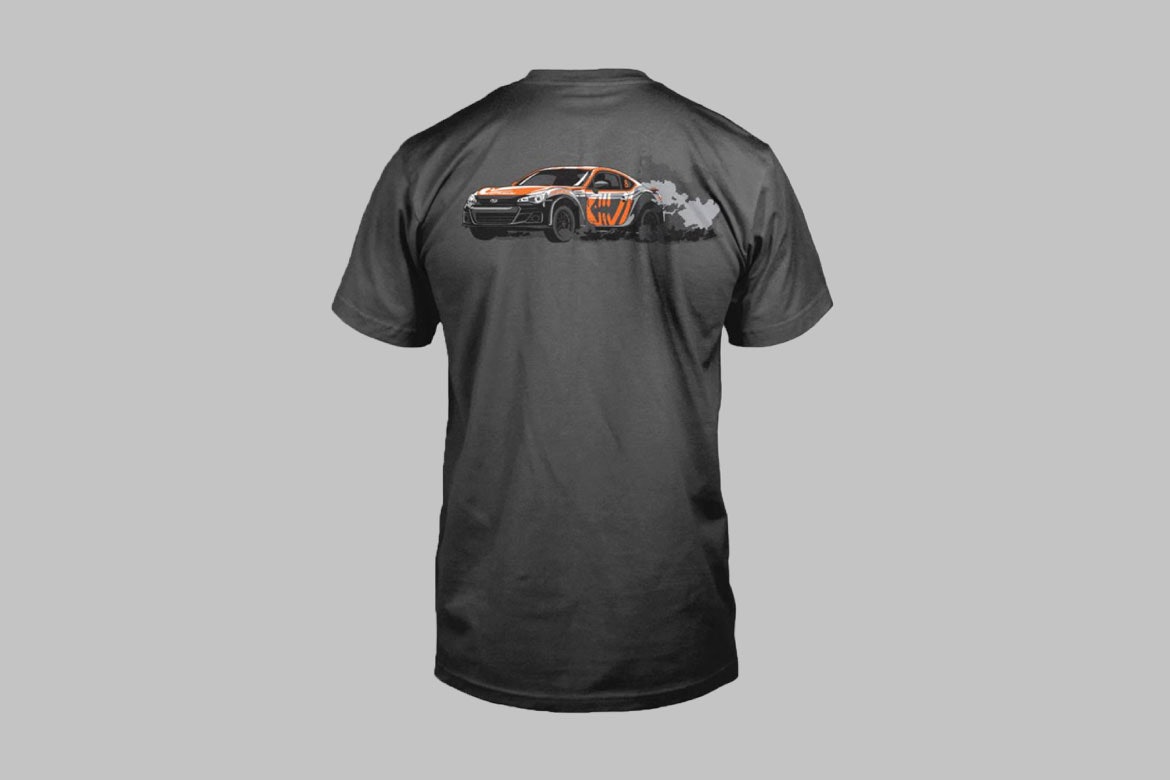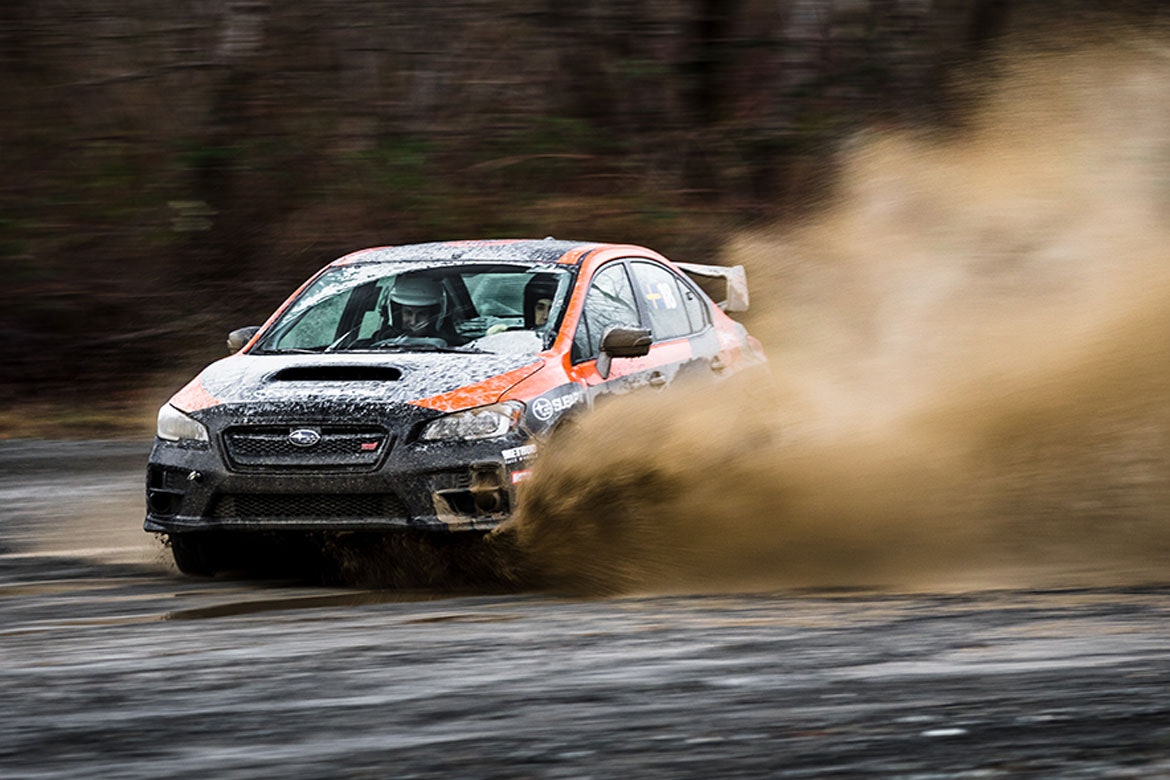Audi will enter the Dakar Rally for the first time as a factory team in 2022 with an electric prototype, after the company announced a major restructuring of its motorsport programs.
The brand will join Toyota Gazoo Racing and X-Raid Mini John Cooper Works as the third manufacturer on the rally raid classic.
Audi will develop an e-tron SUV, defined by the brand as an ‘innovative prototype’, as its vehicle of choice, as Dakar organizer the ASO embarks on a greener future for the event.
Last week, the ASO announced its intention to focus on alternative drive technologies for all vehicles from 2030, with elite cars and trucks committing to the new regulations from 2026 as part of what Dakar director David Castera called a “transition period”.
Audi has been involved in a number of hybrid programs as part of the wider Volkswagen AG group, and sees the future in cross-country rallying.
“A multifaceted commitment to motorsport is and will remain an integral part of Audi’s strategy,” said Audi’s chairman of the board of management Markus Duesmann.
“Today, electromobility at the four rings is no longer a dream of the future, but the present.
“This is why we are taking the next step in electrified motorsport by facing the most extreme conditions. The many technical freedoms offered by the Dakar Rally provide a perfect test laboratory for us in this respect.”
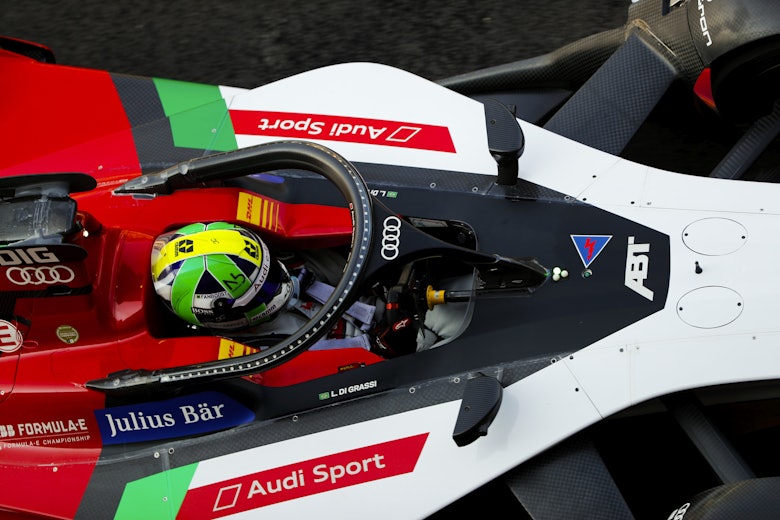
Photo: Formula E
Audi has plied its trade in Formula E since the inaugural season in 2014, winning the drivers’ title with Lucas di Grassi in 2016/17 and the teams’ crown in 2017/18.
But it will now see out a final full season of the all-electric category before switching its attention to Dakar as well as a return to sportscars in the World Endurance Championship.
Although Audi has been represented on the Dakar before courtesy of five privately entered Quattros in the 1985 edition, this will be the marque’s first factory foray into the event, which is now based entirely in Saudi Arabia.
Parent company Volkswagen AG has a long history in the Dakar, dating back to the second edition of the event in 1980 when it hired a team for Swede Freddy Kottulinsky, who won in a 4×4 VW Iltis.
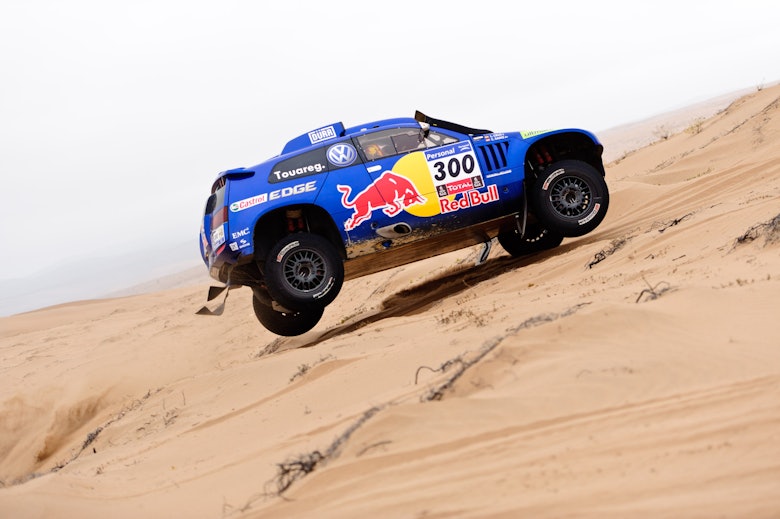
Photo: Red Bull Content Pool
Volkswagen made its factory return in 2003, entering five VW Tareks with the aim of taking the fight to the then dominant Mitsubishi team as well as becoming the first manufacturer to win with a diesel engine.
Podiums for Mitsubishi convert and 2001 event winner Jutta Kleinschmidt in 2005 (third) and Giniel de Villiers in 2006 (second) followed as the Race-Toureg became the weapon of choice from 2004, before VW eventually secured its first win as a full factory effort with de Villiers in 2009.
VW then became the dominant force on the Dakar with two further wins in 2010 with Carlos Sainz and 2011 with Nasser Al-Attiyah, completing a clean sweep of the podium on each occasion.
VAG also enjoyed success with Porsche in the 1980s, winning twice with René Metge in 1984 in a 911 and two years later in a 959.
Audi has yet to reveal details of its technical team or drivers but says that cross-country rallying will be “the spearhead of the factory motorsport in the future”.



